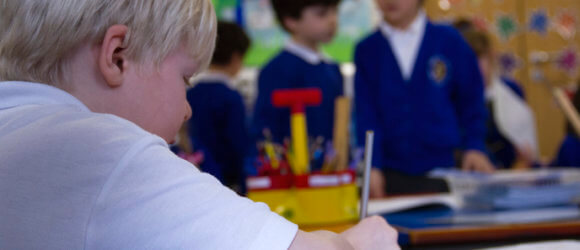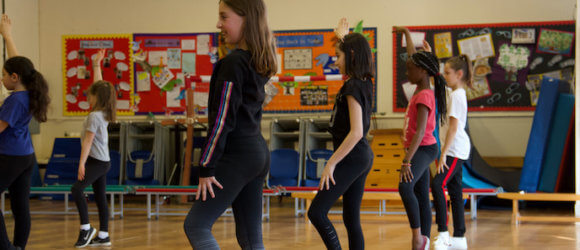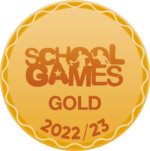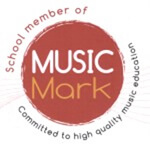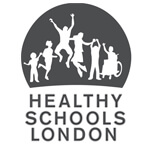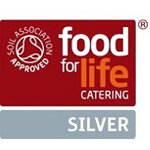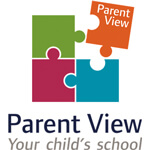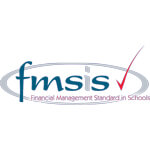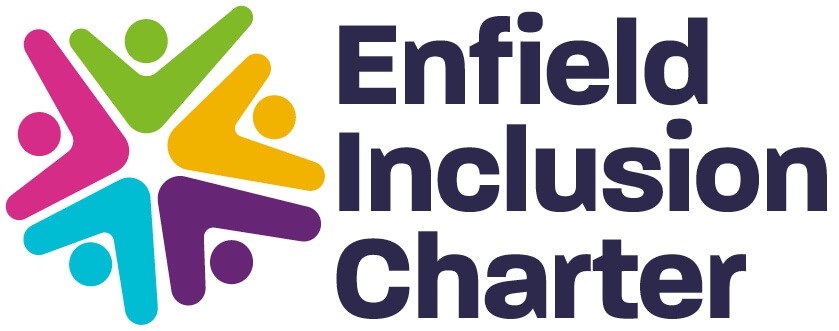English in EYFS and KS1
Spoken Language
Throughout the Foundation Stage (The Early Years), Key Stage One (Years 1 and 2) and Key Stage Two (Years 3-6) children are given opportunities to speak, listen and represent their ideas through activities such as drama and role play. As they progress through the school children are encouraged to speak confidently and listen to what others have to say; and to adapt the way they speak to suit different situations, purposes and audiences. Pupils are encouraged to explain their understanding and to prepare their ideas before they write.
Phonics
Phonics is taught daily in Reception, Year 1 and Year 2. The lessons are practical and interactive, incorporating games, internet resources and whiteboard work.
In reception the Phonics teaching focuses on Phase 2 and then Phase 3. In Year 1 we recap on Phase 2 and then teach Phases 3, 4 and 5. This prepares the children for the Phonics Screening Check which take place at the end of Year 1. Once the children are in Year 2 they recap on Phase 5 and are then taught the alternative pronunciations of known graphemes and the alternative spelling for individual phonemes.
The order in which we teach the sounds to the children is as follows:
Phase 2
s a t p i n
m d g o c k
ck e u r h b
f ff l ll ss
Phase 3
j v w x y z zz
qu ch sh th ng ai ee
igh oa oo ar or ur ow
oi ear air ure er
Phase 4
The children are not exposed new sounds but use their knowledge of the sounds that have previously been taught to decode longer words.
Phase 5
ay ou ie ea oy ir ue
aw wh ph ew oe au ey
a-e e-e i-e o-e u-e
For more detailed information please see the attached links:
Reading
Learning to read is a fundamental skill for life.
Throughout the Early Years and Key Stage One children are immersed in an environment rich in print.
At Highfield Primary School we follow the Letters and Sounds Phonics teaching programme but also support this with Jolly Phonics. Jolly Phonics has songs and actions that help the children remember the sounds.
Children also read graded books from across a range of highly evaluated reading schemes which help to consolidate and assist them to recognise letters, understand the sound they make and blend these sounds together to create words. Alongside this they learn to instantly recognise by sight the most common words in the English language.
As the children progress through the school, the emphasis moves from being able to decode text to establishing meaning and appreciating the purpose and intentions of the writer. Teachers focus on developing children’s comprehension skills.
To help your child develop the above skills it is essential that you continue to hear your child read aloud each day. You should pose questions for them when they are reading.
Reading Diaries – All pupils have a reading diary. For young children this serves as a dialogue between the class teacher and parents about:
- the book the child has read
- how they read
- a record of a child’s personal response to questions teachers have asked about the book
Writing
At Highfield we believe that writing should be a creative process. All attempts at writing are valued and we believe that every child has the potential to be a successful writer. Compositional and transcriptional skills are taught alongside the creative aspects.
In Foundation Stage, children experience writing in a range of settings and opportunities for developmental writing are available through all areas of learning and throughout the learning environment. Children’s own attempts at early writing are celebrated and promoted, alongside the direct teaching of the key skills that will enable the children to progress through the stages of writing development.
Throughout the school, the children are given opportunities to develop their confidence and practise their writing skills. Independent writing is supported through the use of dictionaries, word banks, prompt cards, writing frames and I.C.T where appropriate.
Handwriting
Children in nursery and reception develop their early hand co-ordination skills through a variety of activities such as tracing, threading activities and pattern-making in sand, paint, shaving foam, chalk etc. Reception children are also taught handwriting more formally, practising the pre-cursive script on whiteboards and then paper.
Handwriting and letter formation is explicitly taught in KS1 where appropriate.
Spellings
In addition to Phonics lessons the children in Years 1 and 2 have a spelling test each week which may focus on tricky words or words including a particular sound. (Spellings are also differentiated.)

